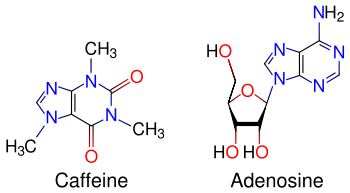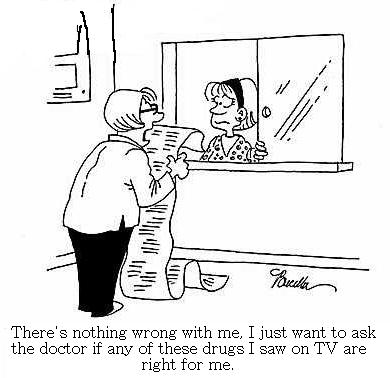Today marks the end of my time at UCSD. After 4 and 2/3 years at UCSD, I now have my B.S. in Biochemistry/Cell Biology, and B.A. in History. I hadn't intended to go to UCSD right from the start, I had applied to about 6 schools (Puget Sound, UCSD, UCD, UCB, Yale, MIT) and got into half of them (Puget Sound, UCSD, UCD). Ultimately, of those three, UCSD had the best pre-med program so I chose UCSD. It turned out to be a great choice - beautiful campus, emphasis on biology, family member close by, etc. I do wonder, though, what it would have been like to go to a small Ivy league or liberal arts college - really small classes and getting to know professors by first name, meeting with them after hours or for lunch as a class... To attain that level of familiarity with a professor at UCSD you have to try really hard - go to office hours, sit in front at every lecture, talk to them before and after lecture, distinguish yourself academically, and have a professor who actually cares about students. I only started to manage that near the end, when I was pressed to get to know professors for letters of recommendation.
It really feels like I applied to medical school for four and a half years - every class I took, every extra-curricular activity, my work, etc. was in order to get into medical school. The only part of my college life unrelated to medical school was my history major, and near the end medicine became intertwined (History of Medicine, History of Bioethics, History of Localization of Brain Function). In retrospect, it might have been nice to be involved in other things, but I'm not a particularly outgoing person, and I do have my pet projects - manga, writing, drawing, insect collecting, computer games. I feel nostalgic already - professors and classes I will miss, the times in the dorms/apartments. I think I would feel more sad if I were not going to continue higher education - the world of academia is too wonderful to leave just yet. It is easy to stop learning when you leave the classroom.



